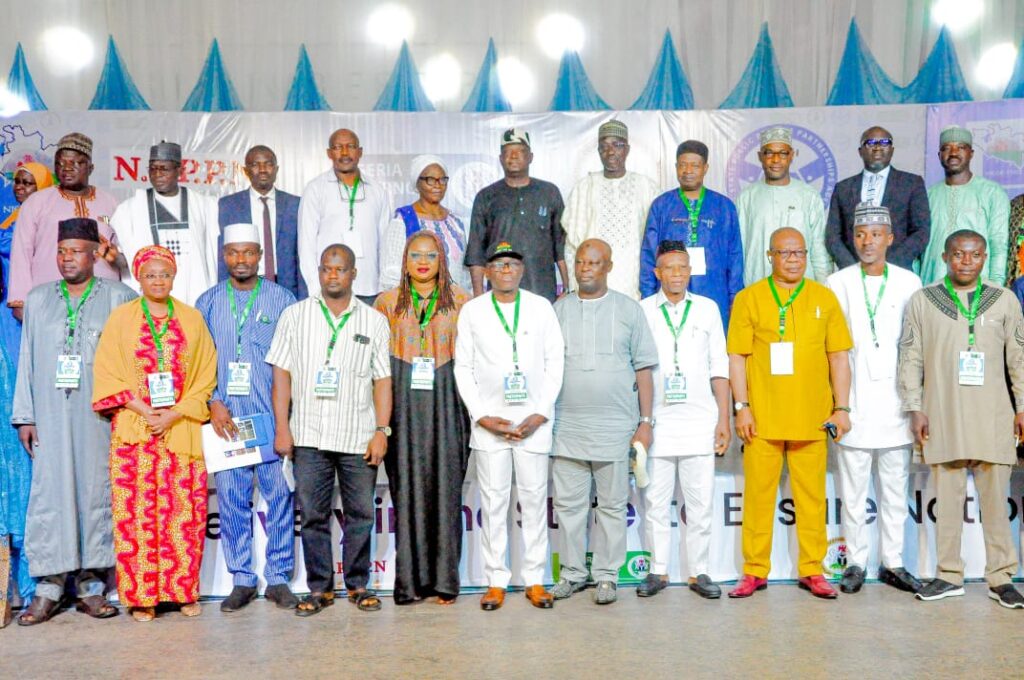***Urges sub-national governments to embrace PPP Initiative
By our correspondent in Minna
The Director-General of Infrastructure Concession Regulatory Commission (ICRC), Mr Michael Ohiani, has indicated that for Nigeria to meet its infrastructure deficit, the country requires about N348 trillion investment.
Ohiani disclosed this when he addressed participants on Wednesday at the 2nd Quarter 2024 Nigeria Public Private Partnership Network (NPPN) meeting held at the Justice Legbo Kutigi Conference Hall in Minna, Niger State capital.
The theme of the two day meeting is “Using PPPs in Infrastructure Delivery in the States to ensure National Food Security and Economic Growth”, brought participants and other key players in the public private partnership from the 36 states of the federal
The ICRC Director-General stated that going by the Medium-term Development Plan, the country requires over N348.1trillion investment in infrastructure.
According to him, of this amount, the private sector is expected to provide the chunk of this investment to the tune of about N298.3 trillion while subnational governments can provide N49.7 trillion.
“This goes to show the importance of private sector in infrastructure development,” he added.
He pointed out that the revised National Infrastructure Investment Master Plan for the next 23 years (2020-2043) envisaged that the country would require 2.2 trillion US dollars to bridge the infrastructure deficit in the country.
He said the various options available through which the government can raise funds is borrowing, further repatriation of national funds and seeking further foreign intervention.
Other options he added are to raise more bonds, Sukuk, tax credit schemes, Public Private Partnership (PPP) both through solicited, unsolicited proposals.
In his keynote address while declaring the meeting open, the Secretary to the Government of Federation (SGF), Sen. George Akume said that Public Private Partnership (PPP) remains the only primary tool for social economic development of the country.
The SGF pointed out that it is impossible for government to finance all programs and projects alone especially now due to drastic reduction in the oil revenue in the country.
He therefore commended State governors for embracing the benefits and opportunities of PPP as an alternative procurement method.
Akume, who was represented at the occasion by Simon Tyuugu, a Director in the Office of the SGF, said the meeting was timely given the infrastructure deficit in the country and government’s efforts to invest in renewal and modernisation
In his remarks, Gov. Umaru Bago, the Executive Governor of Niger state, said his administration was focusing on farming thereby taking advantage of the vast arable land in the state.
Bago, represented by Alhaji Abubakar Salisu, Head of Service, added that the state would continue to partner with the Federal government and international agencies in respect of agricultural development.
A communique is expected at the end of the two days meeting.

